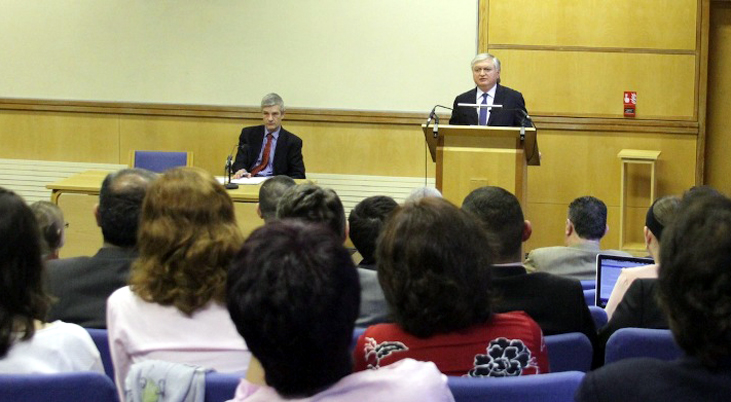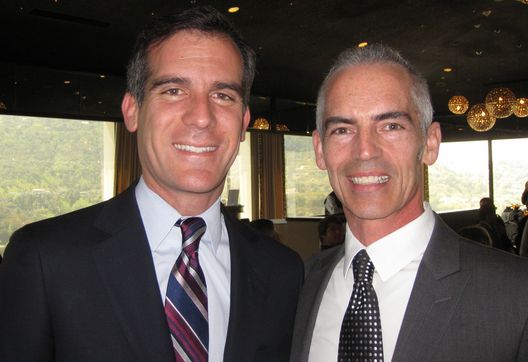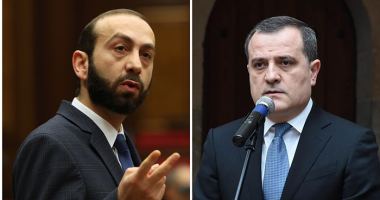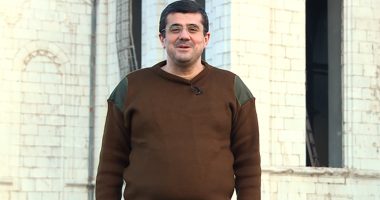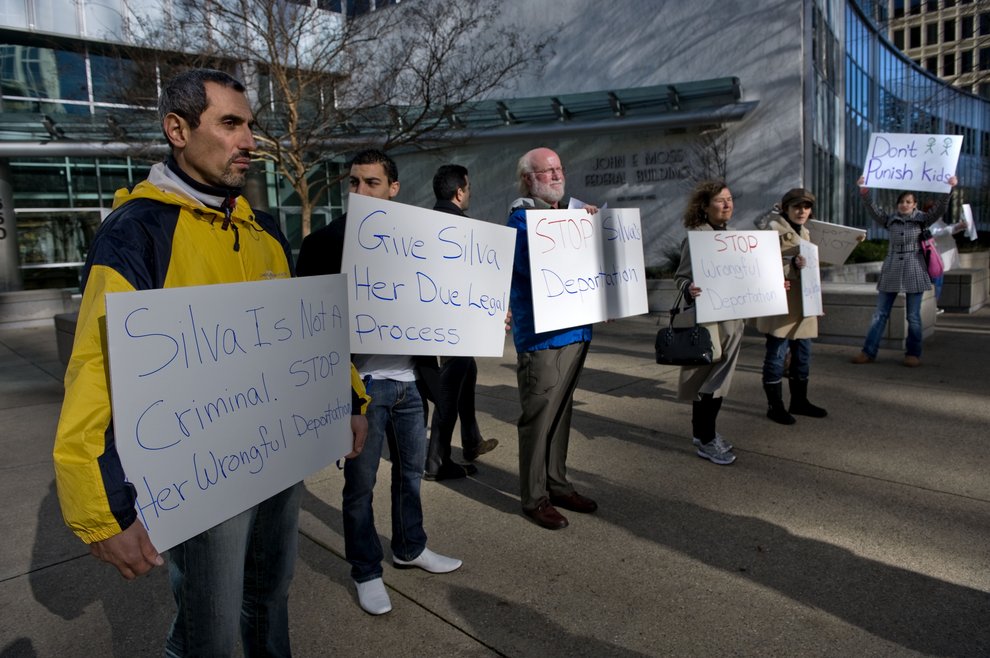On May 21 Armenian Foreign Minister Edward Nalbandian offered an extended speech on Armenia’s foreign policy at the OxfordUniversity. In attendance were students and lecturers of the University, experts and analysts.
Minister Nalbandian referred to Armenian-British relations, the priorities of the Armenian chairmanship of the Council of Europe Committee of Ministers, the integration processes over post-Soviet space, Armenia-EU cooperation, a number of international and regional issues.
Touching upon the Artsakh issue, Edward Nalbandian said: “Nagorno Karabakh adopted a Declaration of Independence in September 1991, in compliance with the legislation of the Soviet Union. In response, official Baku unleashed massacre and ethnic cleansing against Nagorno Karabakh and Armenia with the help of hired servicemen linked to mercenaries linked to international terrorist organizations.”
In 1993, before the signing of ceasefire, the UN Security Council adopted four resolutions (822, 853, 874, 884), demanding to suspend the military operations and establish an enduring armistice. After the adoption of each resolution Azerbaijan was refusing to meet the basic requirement, persistently continuing the military actions.
In May 1994, a Russian-mediated ceasefire accord was reached between Nagorno-Karabakh and Azerbaijan, with Armenia also joining the deal. In February 1995, the new armistice strengthening agreement was signed between Azerbaijan and Nagorno-Karabakh. However, Azerbaijan has not yet shown any respect for the agreement.
Since 1997 the negotiations have been taking place within the framework of the OSCE Minsk Group mission co-chaired by Russia, US and France.
The Minsk Group Co-Chairs are making efforts in two main directions: elaboration of basic principles of conflict settlement and implementation of confidence-building measures.
In the frameworks of the OSCE ministerial conference held in November 2007, the mediators proposed to the parties the basic principles for settling the Nagorno-Karabakh conflict, better known as the Madrid Proposals.
Azerbaijan was rejecting the document for around a year, seeking for a solution in other instances. Particularly, in 2008, Azerbaijan submitted to the UN General Assembly a resolution which reflected the Azerbaijani distorted position on the problem. The resolution was passed, with only 39 of the 192 UN member states voting in favor, mostly the member states of the Islamic Conference. The three co-chairing countries – the US, Russia and France – voted against, while none of the EU member states, including the United Kingdom, supported the resolution.
“The co-chairing countries’ leaders adopted resolutions in L’Aquila (2009) and Muskoka (2010), unveiling the basic principles and elements proposing their solutions to the problem. In the statements adopted in Deauville (2011) and Los Cabos (2012), the heads of the co-chairing states reiterated their previous remarks, highlighting the importance of an exclusively peaceful settlement of the conflict.
Statements on the Nagorno-Karabakh conflict settlement were adopted at the OSCE ministerial conference in Helsinki (2008), Athens (2010), Almaty (2011), Vilnius (2012) and Dublin, and at the OSCE summit in Astana (2010).
Armenia has hailed all the above-mentioned statements, expressing willingness to reach a settlement based upon the proposals reflected in the statements.
Unlike Armenia, Azerbaijan has not so far accepted the basic principles and elements as a whole integrity. Instead of accepting the proposals, Baku is making primitive attempts to refer only to the status quo unacceptability wording. If Azerbaijan is really against maintaining the status quo, it should have long ago adopted statements by the three co-chairs.
The president of the Russian Federation has organized 11 meetings with the Armenian and Azerbaijani presidents since 2008 in order to coordinate the settlement principles. Updated options of the basic principles were introduced and discussed at the meetings.
At the latest summit in Kazan (June 2011), as well as the meetings in Sochi (March 2011), Astrakhan (October 2011), St. Petersburg (June 2010) etc, Baku rejected all the settlement principle proposed by the Minsk Group co-chairs.
The Azerbaijani side pretends to have adopted the option tabled in 2009, by naming it an updated version. It may look as though the other options are outdated. But it is necessary to note that Azerbaijan has certain reservations and changes with regard to even the 2009 option.
Baku has rejected not only the proposals on settlement principles but also the confidence strengthening measures – particularly, strengthening of ceasefire, withdrawal of snipers from the Line of Contact and elaboration of mechanisms for probes into the ceasefire violations – proposed by the international community and enjoying its full support.
Azerbaijan not only refuses to accept the confidence strengthening measures, but also provokes tensions on the Line of Contact with Karabakh and the Armenian border, exacerbating the situation and leading to new human losses.
Despite the co-chairs’ continuing calls to prepare their countries’ population for peace instead of war, the Azerbaijani authorities continue – on the highest level – the arms race, the war threats, the belligerent statements and the xenophobia rhetoric breeding hatred. The most cynical provocation that we saw in August was the release of Ramil Safarov, the man killer, after the extradition from Hungary, and his glorification as a hero.
It was quite recently that the Azerbaijani state subjected writer Akram Aylisli to torture just because he had addressed the Azerbaijani pogroms against the Armenians in his novel. Aylisli’s books were burned in public. A state award was promised to anyone who would agree to cut his ear. The writer was forced to seek asylum beyond the borders of Azerbaijan.
Despite Azerbaijan’s provocative and non-constructive policies, Armenia will continue – together with the world community – its efforts towards reaching an exclusively peaceful settlement of the Karabakh conflict.”

